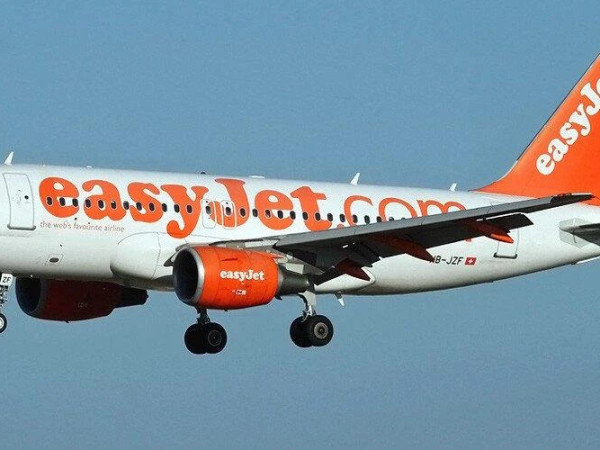More than half of Europeans plan to travel abroad in the next four months despite risks with the ongoing pandemic, research shows.
According to the latest research by the European Travel Commission (ETC), about 70 per cent of Europeans plan to travel until January 2022, with half of them preferring to visit another European country, whereas 35 per cent plan to travel within the country, SchengenVisaInfo.com reports.
Moreover, ETC reveals that the number of Europeans not budging on their travel plans is increasing; however, concerns over COVID-19 cases at the destination countries have surged by 20 per cent.
On the other hand, 17 per cent of the study’s respondents claimed to be hesitant about travelling, and 15 per cent remained uncertain about short-term travelling for the time being.
It is important to note that the COVID-19 vaccine is essential for travellers’ confidence and booking trends. The vaccination rollouts throughout countries enabled 54 per cent of Europeans to feel much more optimistic about trip planning within the next months, with only 21 per cent being sceptical about travelling.
The study reveals that one in two Europeans intend to book a trip as soon as they are vaccinated. Moreover, about 57 per cent of the respondents expect the EU Digital COVID Certificate to ease their travel experience while crossing borders, whereas 18 per cent claimed they were sceptical about the document and its functionality.
On the other hand, Europeans’ holidays of choice have turned out to be outdoor ones, with 20 per cent of them planning to travel in October and November at the coast or other nature spots. Moreover, 72 per cent of the travellers claimed they were booking trips earlier in the season.
The survey also reveals that Europeans are more interested in travelling inside the EU, marking the highest level since last summer. Italy, Spain, France, Greece and Croatia remain the top destinations for Europeans, with 53 per cent claiming they plan to travel there throughout summer. On the other hand, 35 per cent want to travel domestically.
It is important to note that senior travellers are more likely to travel within their own country, with 44 per cent claiming to do so, whereas only 27 per cent of the 18-24 age range prefer domestic tourism spots.
The number of travellers booking trips has increased by 31 per cent compared to the previous survey, meaning the consumer confidence is rising and tourism is gradually returning in Europe. In addition, the number of uncertain consumers where to travel decreased by 20 per cent. The number of respondents who were hesitant to plan trips also dropped by 20 per cent, reaching the lowest point, which was 16 per cent in September 2020.
According to respondents, the reasons why the tourism industry has recovered are widespread vaccination campaigns, flexible cancellation policies, and the relaxation of travel restrictions.
However, about 18 per cent of Europeans remain concerned about quarantine measures and 16 per cent for rising COVID-19 cases within the destination. Moreover, 15 per cent claim to be anxious about changes in travel restrictions during their trip. The top three areas of concern for transmitting the virus are air travel according to 17 per cent of the respondents, in-destination transport for 15 per cent of them and cafes and restaurants (13 per cent).
Greece was announced “the champion of tourism” for this year, welcoming the highest number of tourists for this year, over six million of them. The country is also expected to generate more than €12 billion in revenues until the end of the year, a goal which has been possible due to the government’s relaxed travel rules and the vaccination rollout.















